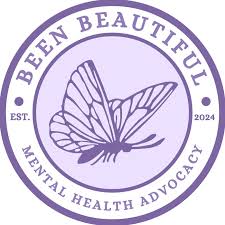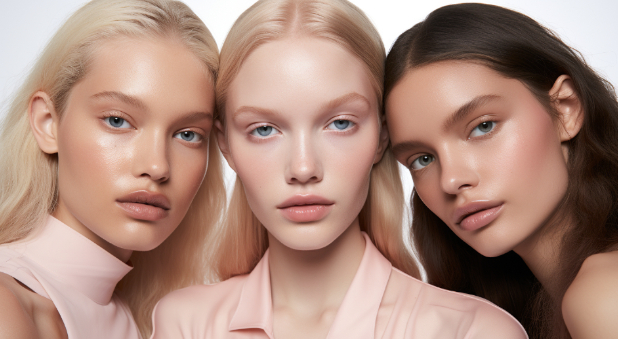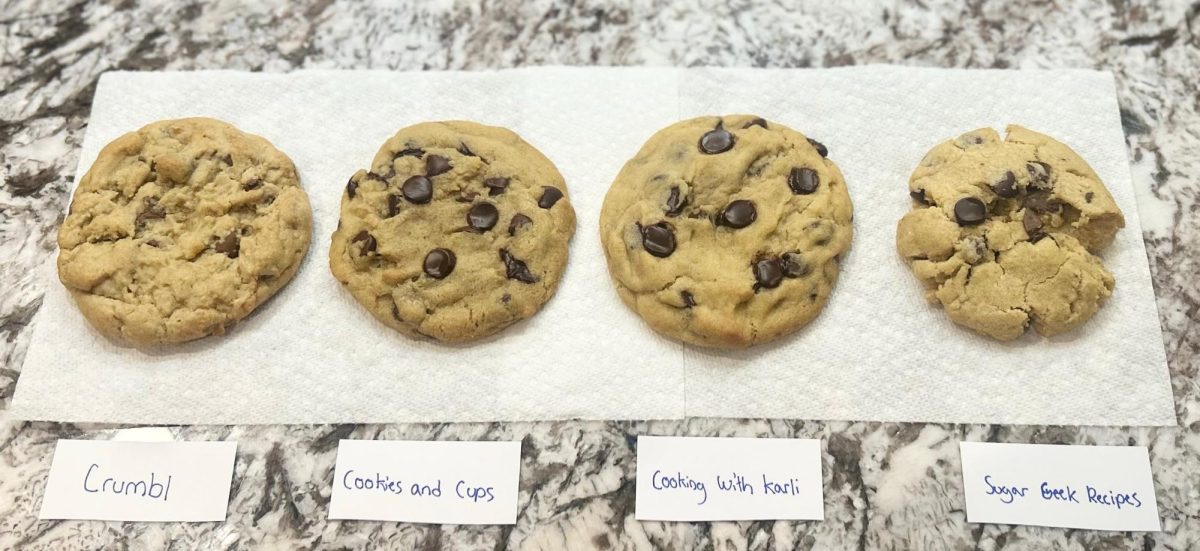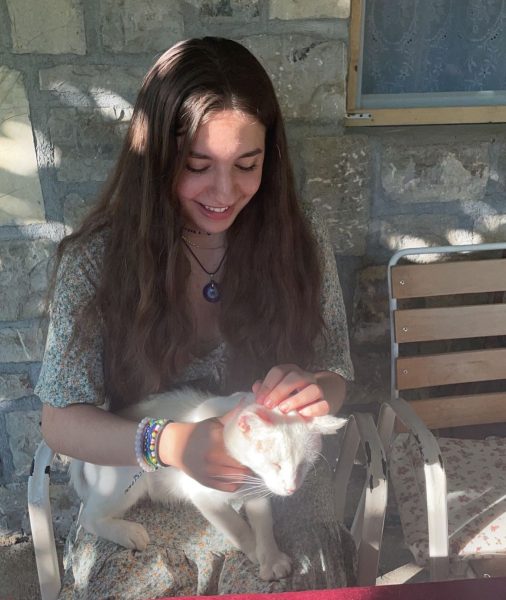In an age where the virtual realm intertwines seamlessly with reality, social media has become the canvas upon which societal norms and beauty standards are painted. Beneath the glossy surface of a relatable and inspiring community, apps like TikTok enforce fashion and lifestyle trends that disproportionately target women and perpetuate harmful standards that they are pressured to meet time and time again.
The rise of the “clean girl” aesthetic on networking apps, mainly TikTok, has exerted an influence on women’s perceptions of beauty and cleanliness. This trend, characterized by minimalist fashion, dewy skin, and an aura of effortless elegance, not only enforces a narrow definition of cleanliness but also suggests that straying from this ideal equates to inadequacy. Most commonly shown as a slick bun with gold earrings and shiny and flawless skin, the trend inherently excludes any woman who does not meet those traits. Similarly, women of color are excluded from the narrative, further displaying the subtle influence of racial bias within the realm of fashion and beauty. Women are quietly coerced into conforming to an image of purity and flawlessness, which often excludes diverse representations of beauty. The message embedded within this trend reinforces harmful stereotypes and perpetuates a standard of beauty that disproportionately favors white women.
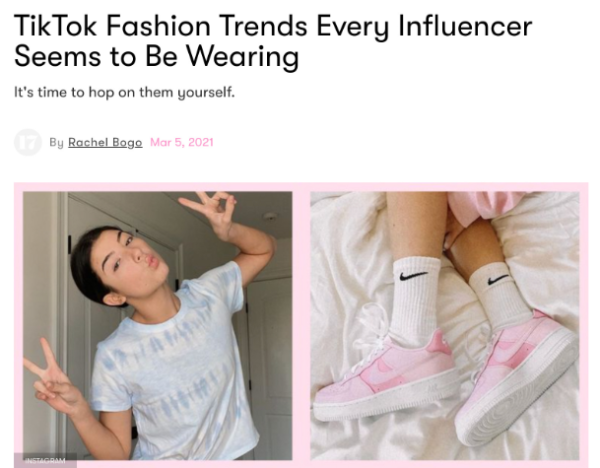
When stepping aside from just the “clean girl” image in particular, the pattern of social media trends that pertain to a woman’s appearance is constant and overbearing. The question of what’s in and what isn’t plays on a loop in women’s minds as they browse clothing and make financial decisions. “I was on my Instagram reels yesterday and saw a video of a girl literally asking ‘girls, what shoes are we wearing this spring?’, like, does that really matter?”, expressed Donika Nucullaj, a 21-year-old who is active on social media. The reliance on peer validation and keeping up with the latest style has a genuine impact on the consumerism of the majority of women, and has harbored almost a herd mentality, where uniqueness is a rarity, and is essentially discouraged.
Of course, this is just another modern result of the patriarchy and the societal need to conform women into one ideal image. It is a vicious and long-lasting cycle that social media apps have simply now been the platform of.








